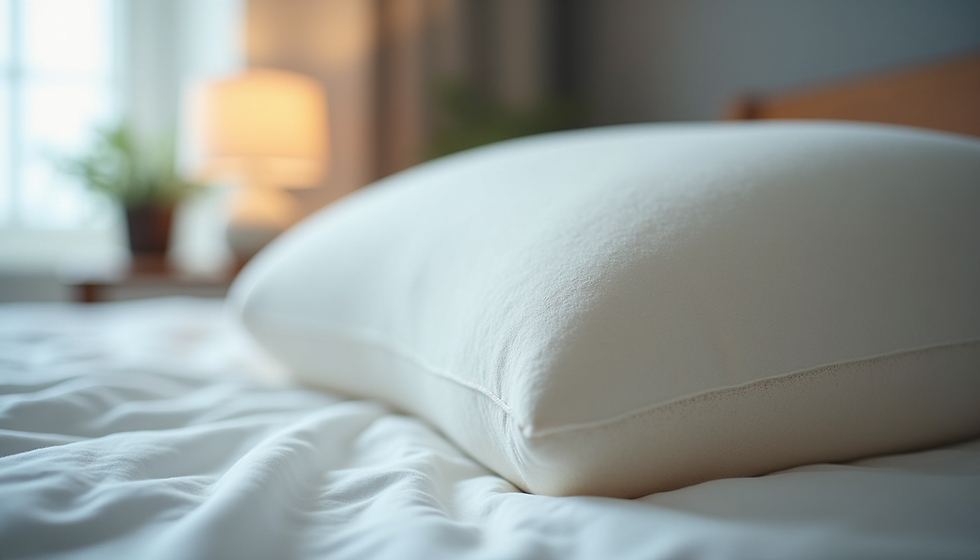Is sweating a good sign your workout has been worth it?
- Claudine Ryan and Cathy Johnson
- Nov 13, 2019
- 3 min read

Some of us love walking off the field red-faced, shirt soaking, knowing we've just had a good workout.
For others, just the idea of getting sweaty is enough to make them want to lie down under a fan with a cool drink.
For many years we've been led to believe that unless you're sweating while exercising you're not working hard enough, but University of Queensland exercise physiologist David Jenkins says this is not necessarily the case.
There are a host of factors that can affect how much you sweat, so relying on the 'wet T-shirt index' probably isn't the best way to judge your effort.
Sweating is one of the ways we maintain a regular body temperature, and sweat comes from glands all over our bodies.
When we get too hot, these glands secrete sweat onto the surface of our skin, where it evaporates and cools us down.
How humidity and genes affect how much we sweat
But how hot and humid the air is can have a big effect on how much sweat we produce and how long it hangs around.
"In Queensland you certainly couldn't use sweat as an accurate index of exercise intensity that would be of value when we're talking about health benefits," Dr Jenkins says.
That's because the humidity in most of Queensland means your skin is more likely to stay sweaty for longer than if you did the same workout somewhere less humid but just as warm.
"In very dry hot climates [with] low humidity but high ambient temperatures, you would sweat profusely, but the sweat wouldn't accumulate on your skin, and you wouldn't actually feel as if you are sweating at all," Dr Jenkins says.
"It's only in the high humidity that sweat accumulates on the skin because it can't evaporate."
Genetics and your fitness levels can also affect how much you sweat.
"There are enormous individual differences in sweat response across the population," Dr Jenkins says.
In fact, for 3 per cent of the population, excessive sweating is a medical condition.
When it comes to fitness levels and sweating, the story is more complex than you might think.
If you're fairly fit and do an easy workout, sure, you might hardly work up a sweat at all and this might reflect the fact you're not exerting yourself much.
But strangely, elite athletes often sweat more readily than the rest of us.
It's one of the many adaptations in their body induced by their gruelling training.
"They [become] better at preventing their core temperature from rising to dangerous levels," Dr Jenkins says.
This improves their athletic performance and protects against heat illness.
The 'talk test' is a better indicator of exercise intensity
So, if sweat is not going to indicate if you are exercising hard enough, what will?
One simple guise is the 'talk test' or how easy or hard you find it speak while you exercise
If you're exerting some effort but can comfortably talk, you're said to be exercising at moderate intensity.
Too breathless to speak more than a few words at most and it's said to be high intensity.
To stay healthy, Australia's national exercise guidelines recommend accumulating a minimum of two and a half hours of moderate intensity exercise, or one and a half hours of high intensity activity each week, or an equivalent combination of these. (Note: if you're training for competition, advice might be different. The guidelines are focused on exercising to reduce your risk of conditions like heart disease and cancer.)
The value to health of including some high-intensity exercise for those who can safely do it has emerged over the past 10 years, Dr Jenkins says.
"It's clear that high-intensity exercise confers more rapid improvements in health and fitness than moderate intensity exercise — both for athletes and the general population," he says.
But supervision or advice from an appropriately trained professional, such as an exercise physiologist, may be needed for some people to do this kind of exercise.
The take-home message is that however you like to exercise, there are better ways to judge your effort than by how sweaty you get.
This is general information only. For detailed personal advice, you should see a qualified medical practitioner who knows your medical history.
Article from ABC Life









Comments